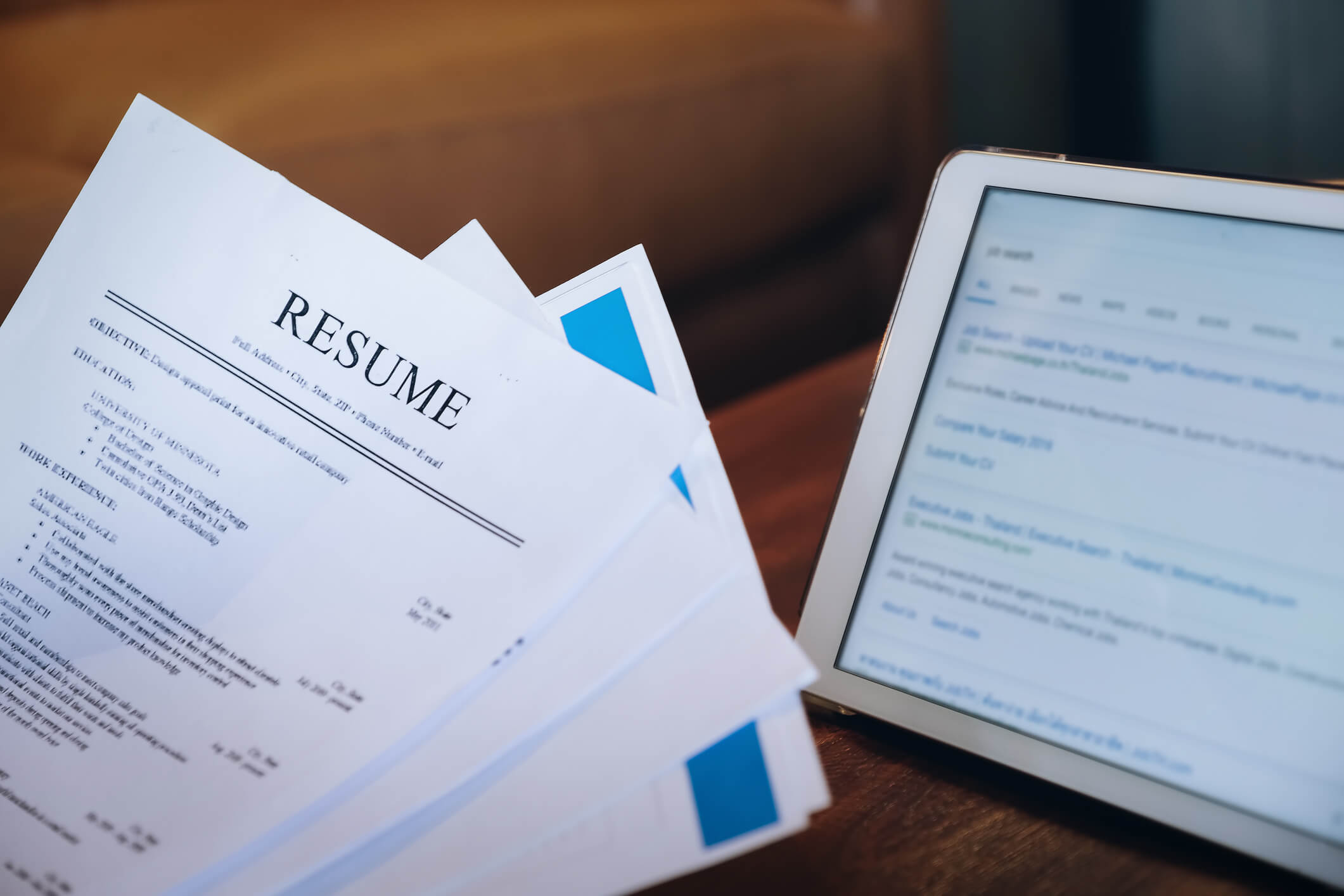Career services
Finding a Job
Thomas Edison said that genius is one percent inspiration and ninety-nine percent perspiration. Although finding a job can feel like genius, and sometimes it is all about luck, most often it is simply through hard work and preparation.
Good luck is when opportunity meets preparation, while bad luck is when lack of preparation meets reality.
Eliyahu Goldratt
Once you have decided what kind of job you want, you need to focus on work search documents, like a resume or portfolio, that will have employers wanting to meet you. Then, it is all about acing that interview and preparing your references.
A lot goes into preparing for work, including creating resumes and cover letters that get you noticed, maintaining a professional portfolio, demo reel or show reel that helps showcase your skills and experience, and understanding the psychology of interviews.
Although this can take effort, preparing for work is not as difficult as you may think. Most employers clearly communicate what they are looking for, making it relatively easy to showcase how your skills and experience are a good fit for available positions. Cover letters – yes these are still important! – provide a glimpse into your personality and values. Acing the interview is all in the preparation… here, practice can ensure you approach each interview with confidence, and the ability to sell yourself.
This section of the Toronto Film School Career Portal offers resources and strategies and outlines the services we provide to help students prepare for their job search.

Purpose of Cover Letters
Cover letters provide an opportunity to demonstrate how you fit with a specific job, have a passion for the industry, and can share your excitement and enthusiasm for the role.

Interviews - What Employers want to Know

Common Interview Questions, Motives and Strategies

Behavioural Interview Questions
These questions focus on the interviewee providing a real example of something that happened in the past, because past behaviour is a predictor of future behaviour.

Interview Stages, Styles and Formats
This is your chance to shine and ensure the employer understands why you are the best candidate for the job. Make sure to prepare with effort and diligence

References

Making the Most of Your Online Job Search
Online job boards can be an important part of a job search, especially in the digital world.

Starting Your LinkedIn Journey
Breaking into the creative industries after graduating can be challenging, so it’s really important to maximize online and offline networking strategies to give you an upper hand in the hyper-competitive job market.

Employment Scams
When looking for work, remember the old saying “If it is too good to be true, it probably is.” Employment scams are real and often have common elements – high paying employment, business opportunities…